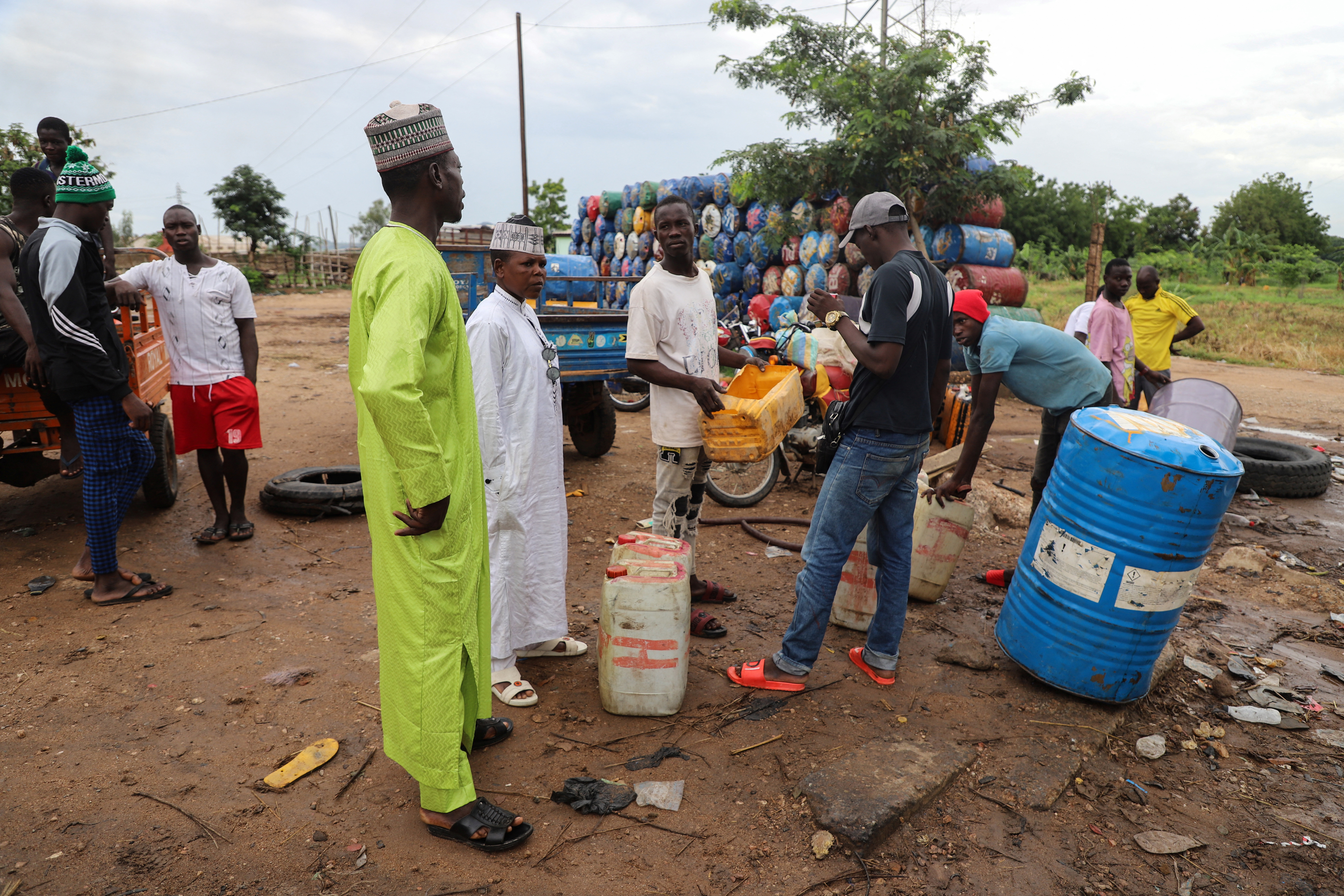The Dark Side of Nigeria’s Black Gold: Unmasking the Illicit Oil Trade

Nigeria, often referred to as the “Giant of Africa,” has a complex relationship with its abundant oil and gas resources. While legal extraction and export contribute significantly to the nation’s economy, there exists a shadowy underworld—the black market—that thrives on illicit oil refining and distribution. In this article, we delve into the clandestine world of Nigeria’s illegal oil refineries, exploring their origins, impact, and the intricate criminal networks that sustain them.
The Birth of Nigeria’s Black Gold
The story of Nigeria’s black gold begins in the early 1900s when crude oil was discovered in the Niger Delta region. Commercial production officially commenced in 1958, marking the genesis of Nigeria’s oil-driven economy. Since then, the nation has emerged as Africa’s leading oil producer, boasting vast reserves of both light and heavy crude.
The Hidden Refineries
Hidden within the dense network of waterways in the Niger Delta are illegal oil refineries. These makeshift facilities operate far from official oversight, refining stolen crude oil brought in by boat. The process involves heating the crude oil in large, rusting metal cauldrons until it condenses into various petroleum products, from kerosene to diesel. Workers camp out at these refineries for weeks, toiling day and night in an enterprise that combines technical, logistical, and financial expertise. The government estimates that over the last year, more than $3 billion of oil was stolen through this illicit process.
Environmental Costs
The lucrative nature of illegal oil refining has turned it into a massive employer in the Niger Delta, where unemployment rates soar. However, the environmental toll is staggering. The pollution caused by these refineries extends beyond their immediate vicinity. Gas flaring—burning off gas produced during oil extraction—intensifies air pollution. Even formal oil companies engage in this practice, despite its illegality. The water in the creeks has turned black due to oil contamination, affecting ecosystems and human health.
Criminal Networks and Sabotage
The black market for oil is intricately linked to criminal syndicates, militant groups, and arms traders. These actors often control pipelines in their areas of influence, leading to sabotage and oil spills. From 2015 to 2017, sabotage accounted for 77% of the 2,057 oil spills experienced in Nigeria. The illicit trade not only undermines the nation’s economy but also exacerbates environmental degradation.
Conclusion
Nigeria’s oil and gas black market remains a double-edged sword—a source of income for some and an environmental catastrophe for others. As the nation grapples with balancing economic growth and environmental stewardship, addressing the illicit refining industry becomes crucial. Only through concerted efforts to curb criminal networks, promote transparency, and enforce environmental regulations can Nigeria mitigate the impact of its black gold.
In this article, we’ve explored the hidden world of Nigeria’s illegal oil refineries, shedding light on their impact and the challenges faced by the nation.
If you found this piece informative, feel free to share it with others!